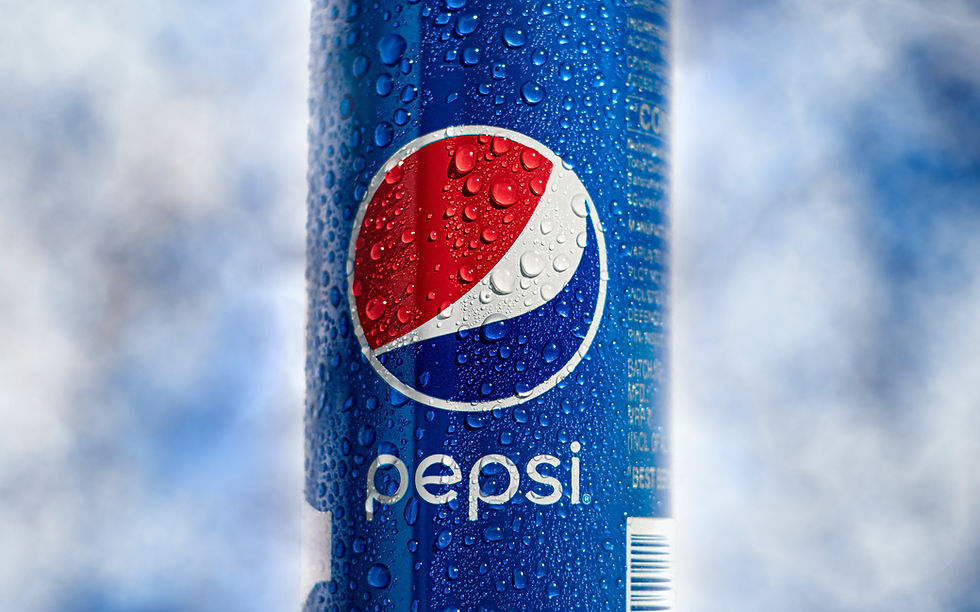Regenerative Agriculture
PepsiCo launches regenerative agriculture pilot in Brazil’s Cerrado region

Rafaela Sousa
4 November 2025
4 November 2025
PepsiCo launches regenerative agriculture pilot in Brazil’s Cerrado region

PepsiCo has partnered with Griffith Foods and Milhão to launch a direct farmer incentive pilot programme promoting regenerative agriculture in Brazil’s Cerrado region, one of the world’s most biodiverse savannas and a key agricultural production area.
The Cerrado produces around 60% of Brazil’s soybeans and significant volumes of corn, but the region faces increasing environmental pressure from deforestation, soil degradation and climate change. PepsiCo identifies the area as one of its highest-impact sourcing regions.
The new programme will test a hybrid 'Payment for Practice and Payment for Outcomes' model, compensating farmers both for adopting regenerative methods – such as composting, biological inputs and reducing chemical fertiliser use – and for achieving measurable environmental improvements.
Farmers will receive upfront payments to help cover the cost of sustainable inputs and performance-based bonuses for lowering agrochemical use over the growing season.
According to PepsiCo, the initiative aims to remove one of the main barriers to adoption of regenerative farming: the financial risk farmers face when shifting away from conventional practices. “By providing direct economic incentives, we’re helping facilitate outcomes such as improved soil health, reduced greenhouse gas emissions, and climate resilience,” said Thais Souza, sustainability lead at PepsiCo Brazil.
The pilot will initially cover 7,000 acres, with plans to scale up to 30,000 acres – PepsiCo’s full corn sourcing volume in the region – within three years. The project is co-funded by PepsiCo and Griffith Foods, with additional contributions from Milhão, and represents a total investment expected to reach $1 million by the third year.
Nicholas Costa, regional sustainability director at Griffith Foods Central and South America, said the collaboration reflects the company’s broader climate commitments: "This collaboration shows how science, innovation and shared purpose can turn ambition into a positive impact and help nourish both people and the planet".
"By sharing costs and aligning on sustainability ambitions, PepsiCo, Griffith Foods and Milhão are demonstrating how competitors can work together pre-competitively with the aim of helping drive systemic change."
JP Cavalcanti, senior director and market supply officer at PepsiCo Brazil Foods, added: “This is more than a pilot, it's a blueprint for efforts to transform agriculture in one of the world's most critical regions".
The initiative aligns with PepsiCo’s Climate Resilience Platform, an open-access tool that supports agricultural stakeholders in mitigating climate impacts through region-specific, high-impact practices aimed at strengthening long-term supply and farming community resilience.
Related news
PepsiCo partners with Siemens and NVIDIA to Pioneer AI-driven digital twin technology in supply chain operations
PepsiCo unveiled a multi-year collaboration with Siemens and NVIDIA aimed at enhancing its manufacturing and supply chain operations through advanced digital twin technology and AI.
PepsiCo partners with Soil Capital to advance regenerative agriculture in Europe
PepsiCo has initiated a long-term partnership with Soil Capital to promote regenerative agriculture practices among farmers in its European supply chain, specifically targeting rapeseed oil production in the UK, France and Belgium.
PepsiCo and Cargill partner to advance regenerative agriculture in Iowa, US
PepsiCo and Cargill have announced a strategic partnership to implement regenerative agriculture practices across 240,000 acres in Iowa between 2025 and 2030.
Regenerative Agriculture
PepsiCo launches regenerative agriculture pilot in Brazil’s Cerrado region

Rafaela Sousa
4 November 2025



